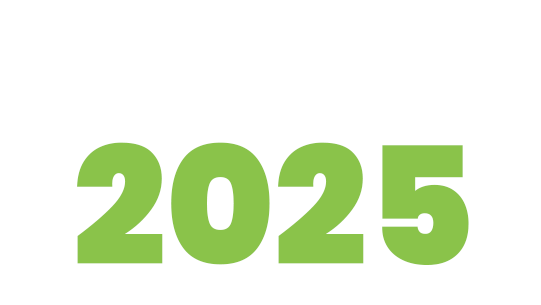
Efficient Reduced Order Modelling Techniques for Isogeometric Analysis
Please login to view abstract download link
Reduced-basis methods (RBMs) are a powerful approach for efficiently solving parametrized PDEs with real-time capability and acceptable accuracy. Their main limitation, however, is the reliance on parametric affinity—a property that ensures the reduced model can be assembled quickly during the online phase. When parametric affinity is absent or only approximately satisfied, constructing an efficient reduced model becomes challenging. To address this, many existing methods attempt to establish an approximate parametric affinity. Unfortunately, these approaches tend to be highly intrusive, often requiring deep expertise in the specific problem, as well as extensive modifications to high-fidelity simulation software. Such modifications can be complex and impractical, especially if the original software is not open source or difficult to adapt. We present a Least-square projection approach for approximate affinization based on least-squares projected quantities over a predetermined function space [1]. We contend that this offers a method for affinization with minimal impact, which we demonstrate by producing linear elastic RBMs using an isogeometric analysis simulation software package, without source code edits and with no significant expert knowledge. Furthermore, we show that increased efficiency can be achieved by utilizing the Corrective Source Term Approach developed in [2]. REFERENCES [1] E. Fonn, H. v. Brummelen, J. L. Eftang, T. Rusten, K. A. Johannessen, T. Kvamsdal, and A. Rasheed, Least-squares projected models for non-intrusive affinization of Reduced Basis Methods, International Journal for Numerical Methods in Engineering, Accepted August 2025. [2] S. S. Blakseth, A. Rasheed, T. Kvamsdal, and O. San, Deep neural network enabled corrective source term approach to hybrid analysis and modeling, Neural Networks, 146, 181-199, 2022.

